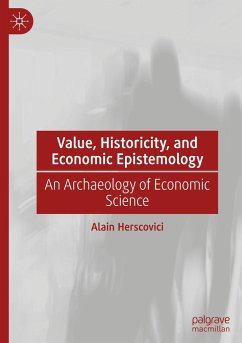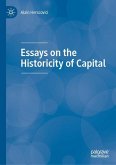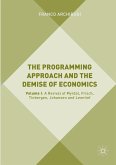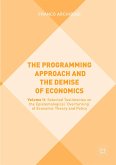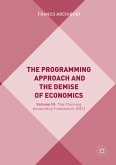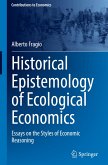This book aims to study, from an approach linked to epistemology and the history of ideas, the evolution of economic science and its differing seminal systems. Today mainstream economics solves certain problems chosen within the scope of "normal science," without questioning the epistemological foundations that support the paradigm within which they were conceived. Contrary to a Neoclassical interpretation, the historicist interpretation shows that, from the incommensurability of the different paradigms, it is impossible to conceive of a progress of economic science, in a long-term perspective. This book ultimately reveals, from the different economic schools of thought analyzed, that there is no pure form of episteme, or system of understanding. Each concrete episteme in the history of economic thought is by nature hybrid in the sense that it contains components from preceding systems of knowledge.
Bitte wählen Sie Ihr Anliegen aus.
Rechnungen
Retourenschein anfordern
Bestellstatus
Storno

